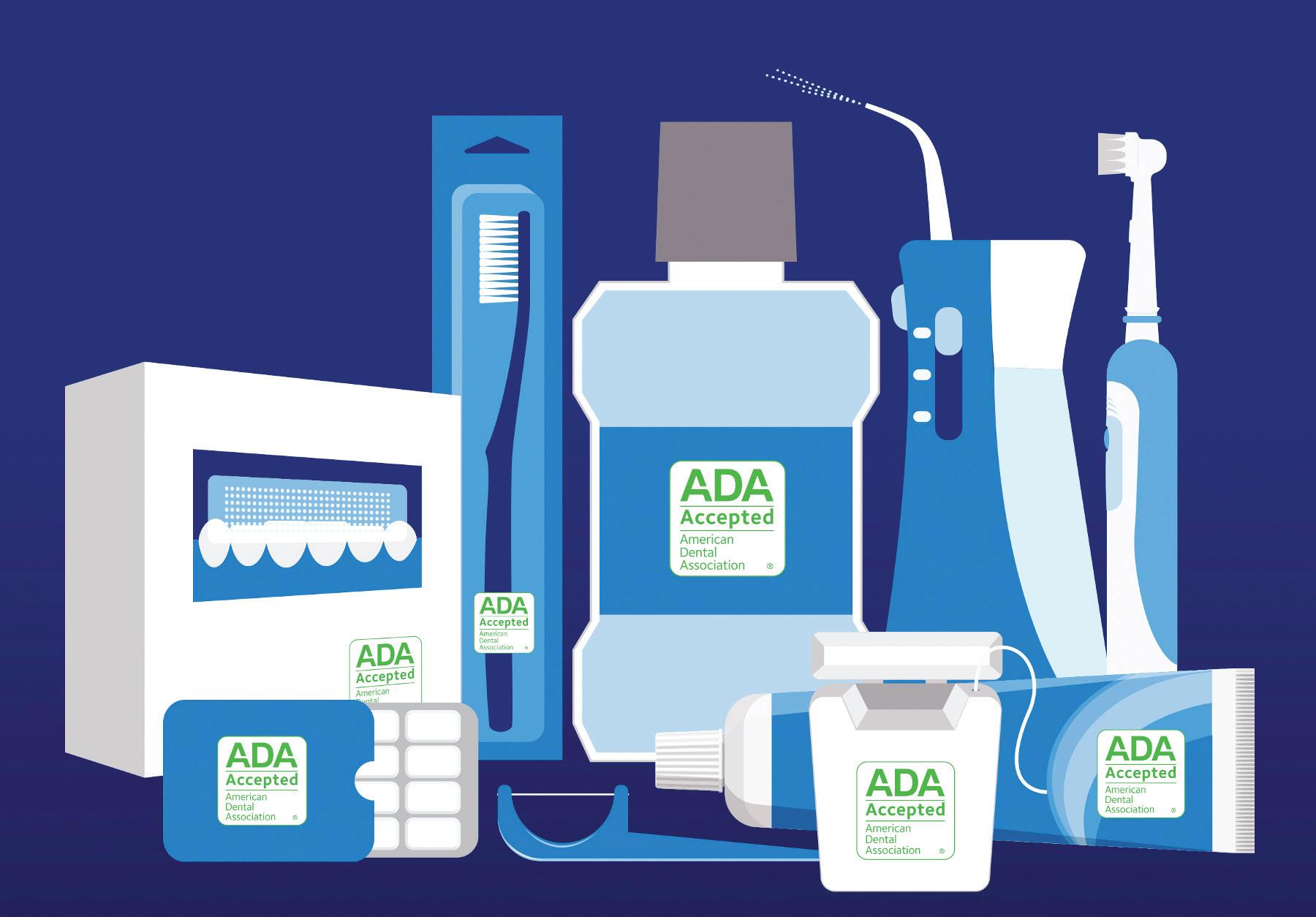
4 minute read
Ensure Social Media
14 Austin South Asian | October 2021 How To Ensure Social Media Doesn’t Harm Your Teen’s Self-Esteem
Recently made public internal research from Facebook reveals that its photo-sharing app Instagram can have harmful impacts on young users, particularly girls.
Many in the U.S. and U.K. study say they feel “addicted” to these apps, while at the same time, attributing depression and anxiety to their use of them.
While the research is still evolving, one thing is certain. Adolescence can be a time period for many young people that’s already rife with body image issues, insecurities and emotional and mental health challenges.
However, experts say that for parents looking to better protect their teens from the negative impacts of social media that can exacerbate these issues, the key is not to prohibit teens’ use of these tools, but to strike a healthy balance.
“Of course, not everything about social media is harmful. Many young people are using such apps
to communicate with friends and share art, music and information,” says Michele Havner, director of marketing at Eturi Corp., a company with a mission to empower parents to guide their children through a balanced use of technology.
“That’s why we encourage parents to help their teens develop healthier relationships with their devices
and the apps they use most frequently.” Here are a few strategies to consider:
• Alternatives: When it comes to the way young people pass their time outside of school, there are limitless alternatives to social media. Whether it’s sports, playing in a band or taking a pottery class, you can encourage your child to both embrace hobbies and interests outside the world of their screens, as well as to spend more time with friends in person.
• Real talk: One of the major aspects of social media is that what people choose to share publicly is not always a reflection of reality.
Have a conversation with your kids about the many ways that influencers and other social media users apply filters, photo editing software and other tools to create impossible goals for their followers.
This might also be a good time to discuss what sort of content they’re engaging with so you can try to steer them in a more positive direction.
• New tools: Attempts to set social media boundaries can be easier said than done both for the primary user (your teen) and you. Apps designed for this purpose can help. For example, the parental guidance app OurPact allows you to install a profile on your child’s device.
Then, you can remotely set up automated schedules for when internet and apps are unavailable, or block access manually to the device for a specified period of time. Features like URL whitelisting and blacklisting and daily screen time allowances can help you stay engaged with how your child uses their device.
Available at the iOS App Store and Google Play Store, parents can also sign up for an account at www.ourpact.com.
“While social media apps are not going away any time soon, parents can take concrete steps to help ensure teens are using them in ways that make them happy,” says Havner. (StatePoint)
Simplify Your Dental Shopping Experience
Whether you’re shopping in the dental aisle or scrolling online, it may be surprising to see just how many products there are to choose from.
However, dentists have a simple tip to pick the right ones for you and your family – check for the American Dental Association (ADA) Seal of Acceptance.
This October 1 is World Smile Day, and an excellent opportunity to learn more about the ADA Seal of Acceptance program, which is celebrating its 90th anniversary.
Although initiated in 1931, dentists and consumers still recognize it as the gold standard for evaluating safety and efficacy of dental products.
The ADA Seal is backed by science and every product carrying the Seal has been scientifically evaluated by independent dental experts to be safe and effective. In fact, to earn the Seal, companies are often asked to meet higher standards than that the Seal isn’t just found on mouthguards on the playing field, sink.

Check that all these items carry the Seal, as well as on any newer dental products you purchase, such as sugarless gum, mouth rinse, whitening products, denture products and interdental cleaners like floss, water flossers and floss picks.
Today, more than 400 over-thecounter dental products carry the Seal and these products can be used with assurance that they have demonstrated safety and efficacy according to ADA requirements.
To search products with the Seal, visit MouthHealthy.org/Seal. There you will find downloadable shopping lists for adults and children, along with other essential dental tips and resources to take care of your smile
Great dental habits can help promote healthy smiles. Seek out the Seal to be sure your routine includes dental products backed by science. (StatePoint)










